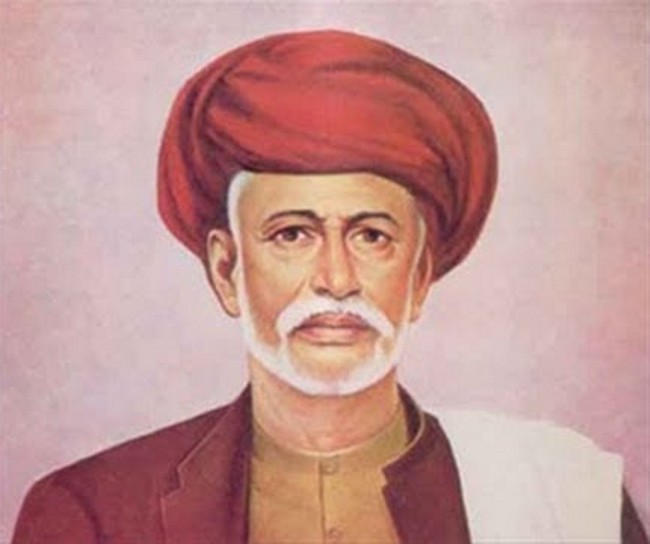
On April 11th India celebrates the birthday of transformative social reformer Mahatma Jyotiba Phule who remains relatively unknown in modern times. The valuable intellectual and moral accomplishments of Jyotiba Phule continue to inspire modern India because the country continues to face social equality issues as well as educational exclusion alongside caste oppression and gender discrimination.
-
Birth:
-
On 11th April 1827 Jyotirao Phule came into existence within the boundaries of present-day Maharashtra.
-
According to the traditional classification the Mali caste originated from a background of traditionally gardeners and vegetable farmers.
-
Education
-
In 1841 Phule attended the Scottish Missionary High School in Pune to get his education.
-
Ideology:
-
His ideological foundation consisted of tools from Liberty and Egalitarianism and Socialism.
-
Due to his exposure to The Rights of Man by Thomas Paine, Phule developed a fundamental belief that solving social problems required extensive education and enlightenment of both women and lower caste groups.
-
-
Major Publications:
-
Tritiya Ratna (1855)
-
Powada: Chatrapati Shivajiraje Bhosle Yancha (1869)
-
Gulamgiri (1873)
-
Shetkarayacha Aasud (1881)
-
-
Related Association
-
In 1873 Phule established Satyashodhak Samaj (Seekers of Truth) with his followers to achieve economic equality and social justice for the people of lower castes in Maharashtra.
-
The Poona municipality selected him as a commissioner for municipal service from 1883 to 1883.
-
Vithalrao Krushnaji Vandekar bestowed the honor of Mahatma upon him on May 11th 1888.
-
Contributions as a Social Reformer
-
Phule educated his wife Savitribai to read and write during 1848. Phule and Savitribai founded the first school for girls which was domestically managed in Pune.
-
The schools operated by the couple until 1858 ran until financial issues developed after the Revolt of 1857 caused their demise despite establishing three educational institutions in 1852.
-
Through his initiative he established an ashram that sheltered widows alongside promoting the acceptance of remarriage for widowed women.
-
From his standpoint Phule explicitly condemned Brahmins and upper caste members describing them as "hypocrites."
-
He built a bathing facility outside his home in 1868 to show all people could share together and he ended caste traditions regarding dining by sitting with everyone at his table.
-
Through his reform actions Dr. B.R. Ambedkar and Mahatma Gandhi along with other future leaders were significantly impacted.
-
After using the word 'Dalit' to define people excluded from society he is considered one of its original developers.
-
The whole of his life focused on opposing the caste system and untouchability practices in Maharashtra.
Death
-
On 28th November 1890 Jyotirao Phule died. His memorial stands at Phule Wada in Pune, Maharashtra.
Conclusion
-
The contemporary world has failed to catch up to revolutionary thinker Jyotirao Phule who dedicated his life to fight social hierarchies while working continuously for marginalized community upliftment.
-
His work in education combined with activism alongside his resistive Orthodoxy examination established the basis for modern-day social justice movements in India.
-
Phule continues to inspire people who combat social mistrust while striving for unity among all communities.



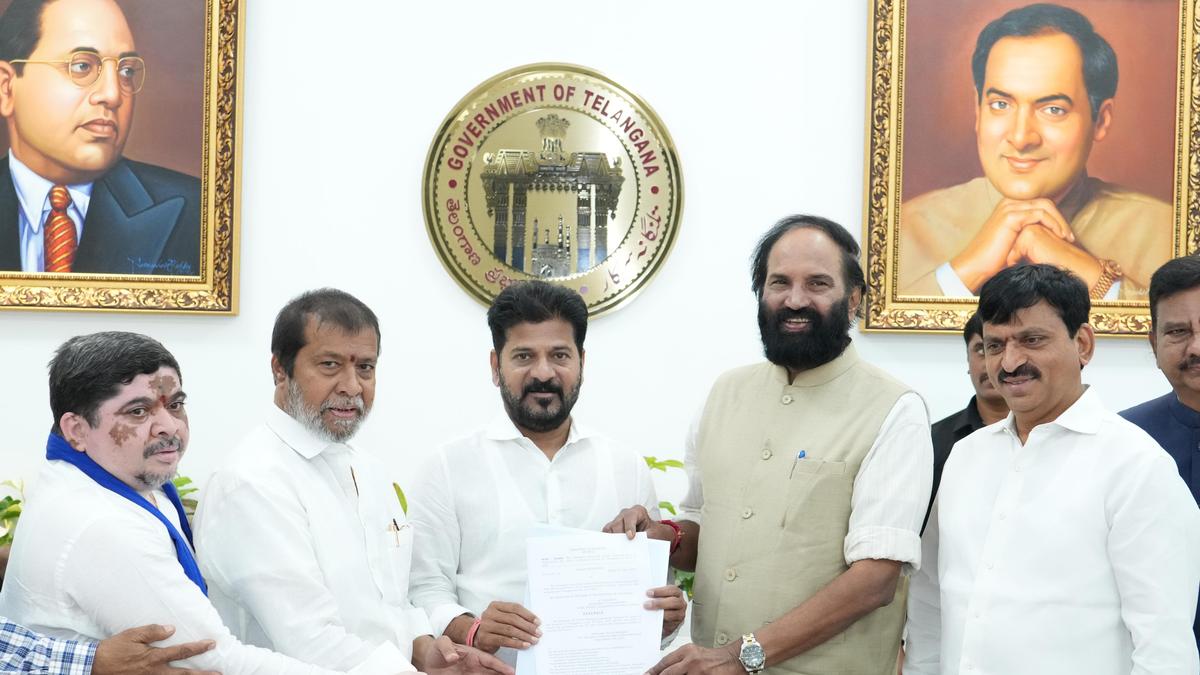 Telangana Becomes First State to Enforce SC Sub-Categorisation with 2025 Act
Telangana Becomes First State to Enforce SC Sub-Categorisation with 2025 Act Operation Chakra V: Tackling Digital Arrest Cyber Frauds in India
Operation Chakra V: Tackling Digital Arrest Cyber Frauds in India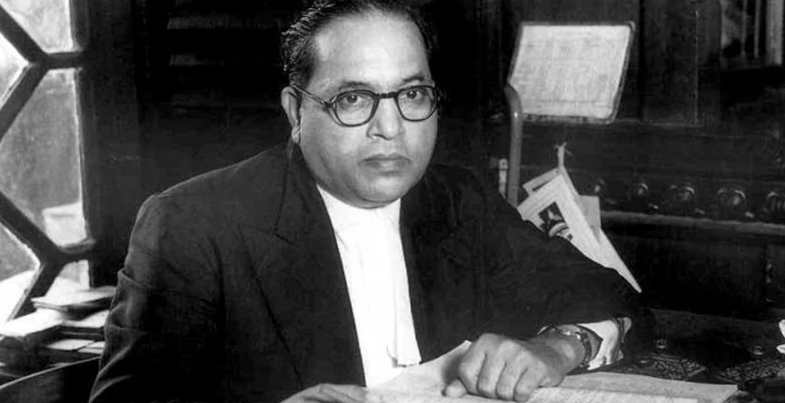 Dr. B.R. Ambedkar’s 135th Jayanti: Legacy of India's Constitution Maker
Dr. B.R. Ambedkar’s 135th Jayanti: Legacy of India's Constitution Maker Naxalmukt Bharat Abhiyan: From Red Zones to Growth Corridors
Naxalmukt Bharat Abhiyan: From Red Zones to Growth Corridors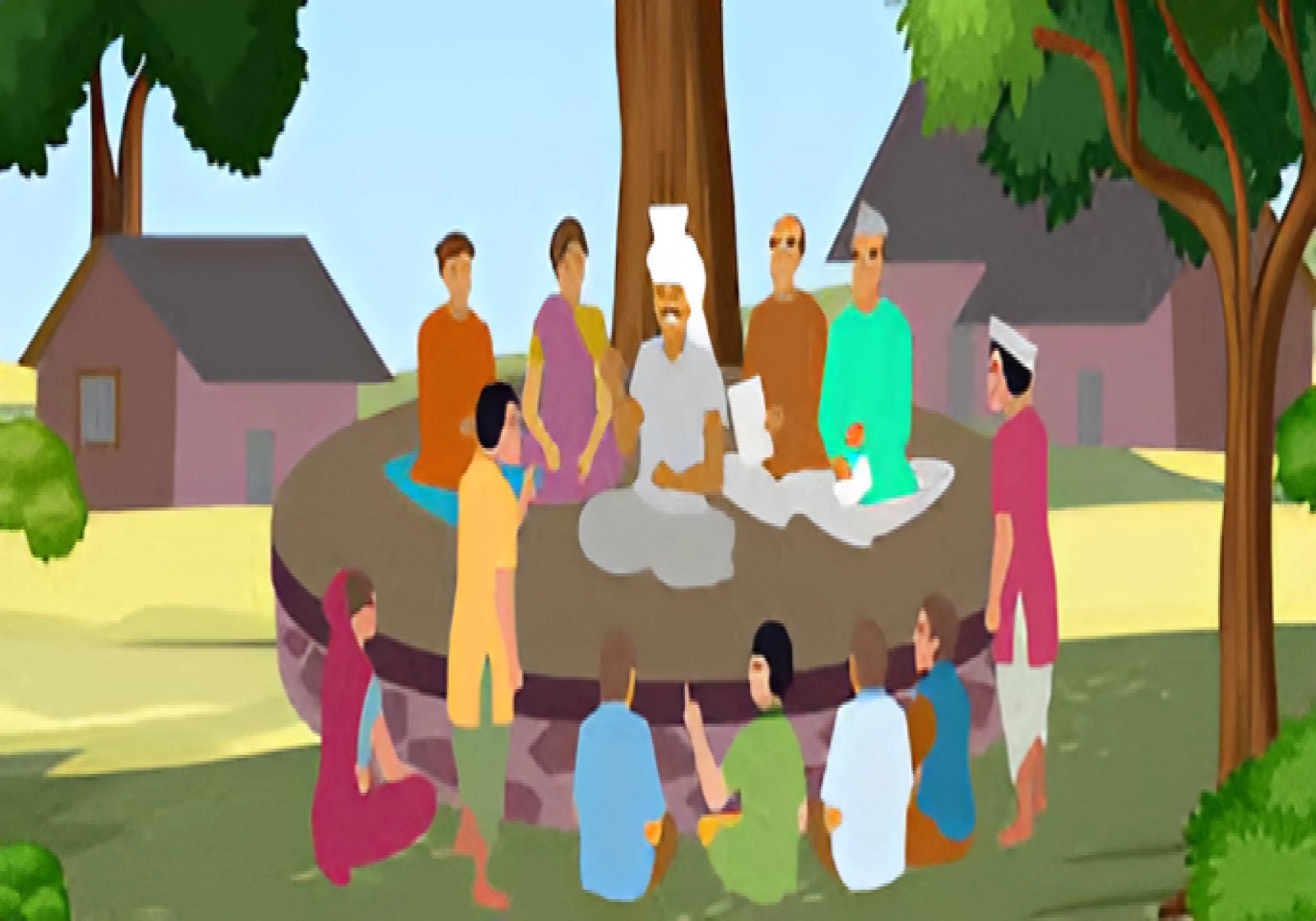 First Panchayat Advancement Index (PAI) Report Released – Gujarat & Telangana Lead
First Panchayat Advancement Index (PAI) Report Released – Gujarat & Telangana Lead Niveshak Didi Initiative Phase 2 Launched to Promote Financial Literacy Among Rural Women
Niveshak Didi Initiative Phase 2 Launched to Promote Financial Literacy Among Rural Women World Homoeopathy Day 2025: Celebrating Dr. Samuel Hahnemann's Legacy
World Homoeopathy Day 2025: Celebrating Dr. Samuel Hahnemann's Legacy Tahawwur Rana Extradited to India: What Comes Next in the 26/11 Case?
Tahawwur Rana Extradited to India: What Comes Next in the 26/11 Case?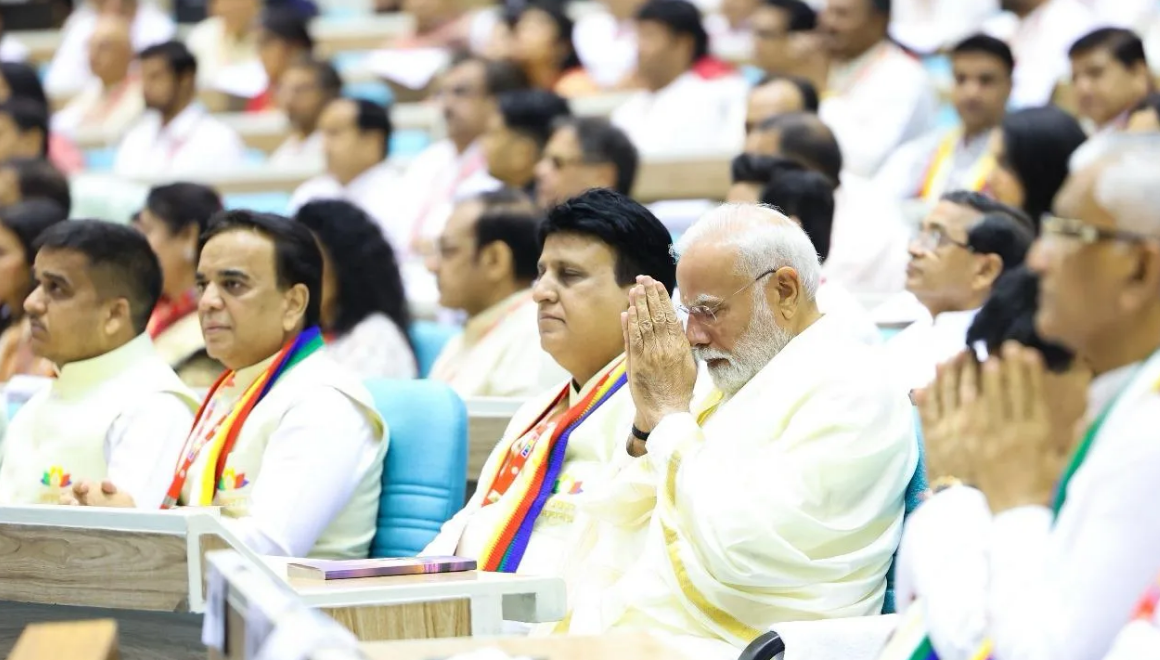 PM Modi Inaugurates Navkar Mahamantra Divas to Promote Jain Ethics Globally
PM Modi Inaugurates Navkar Mahamantra Divas to Promote Jain Ethics Globally






